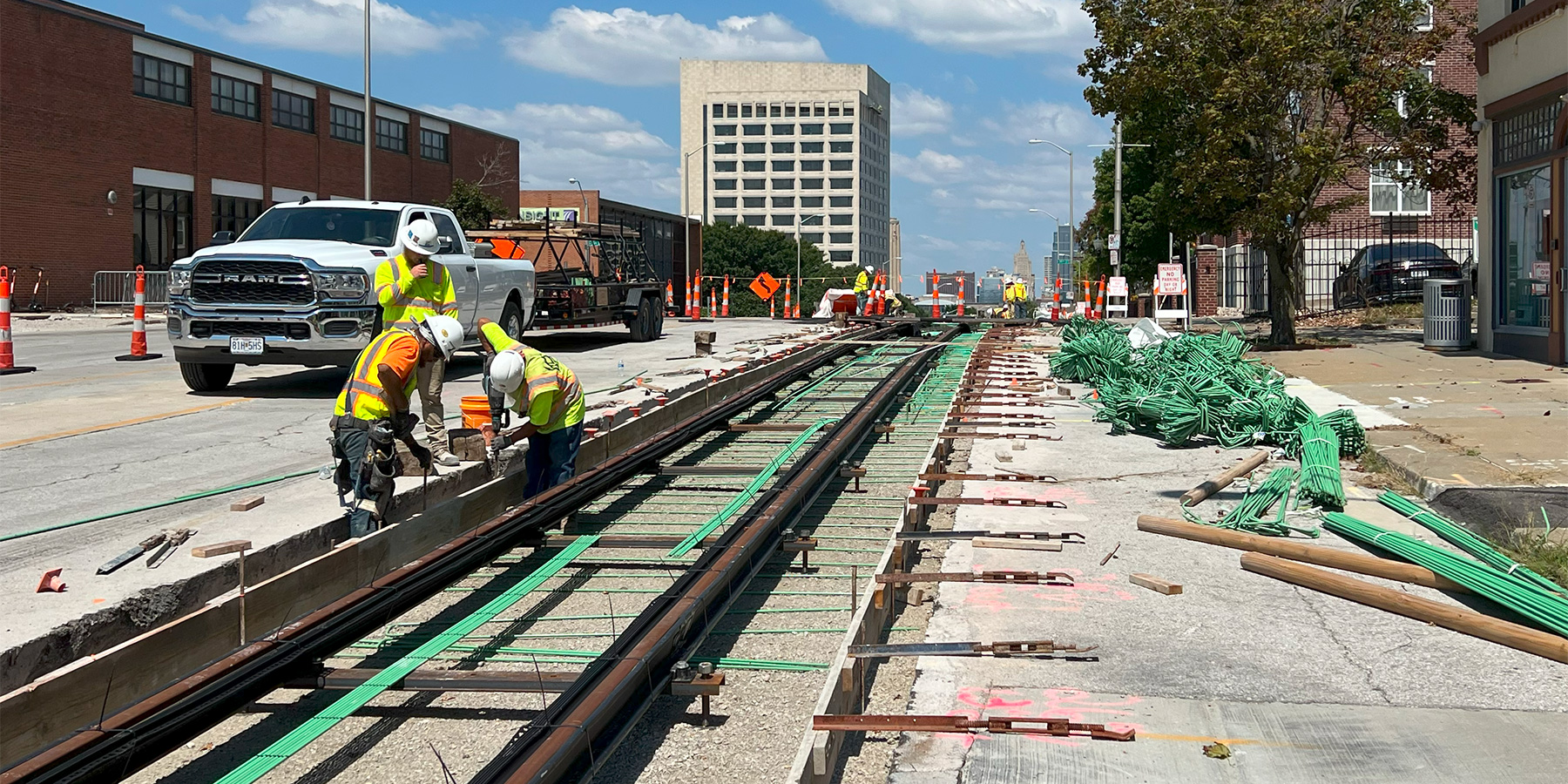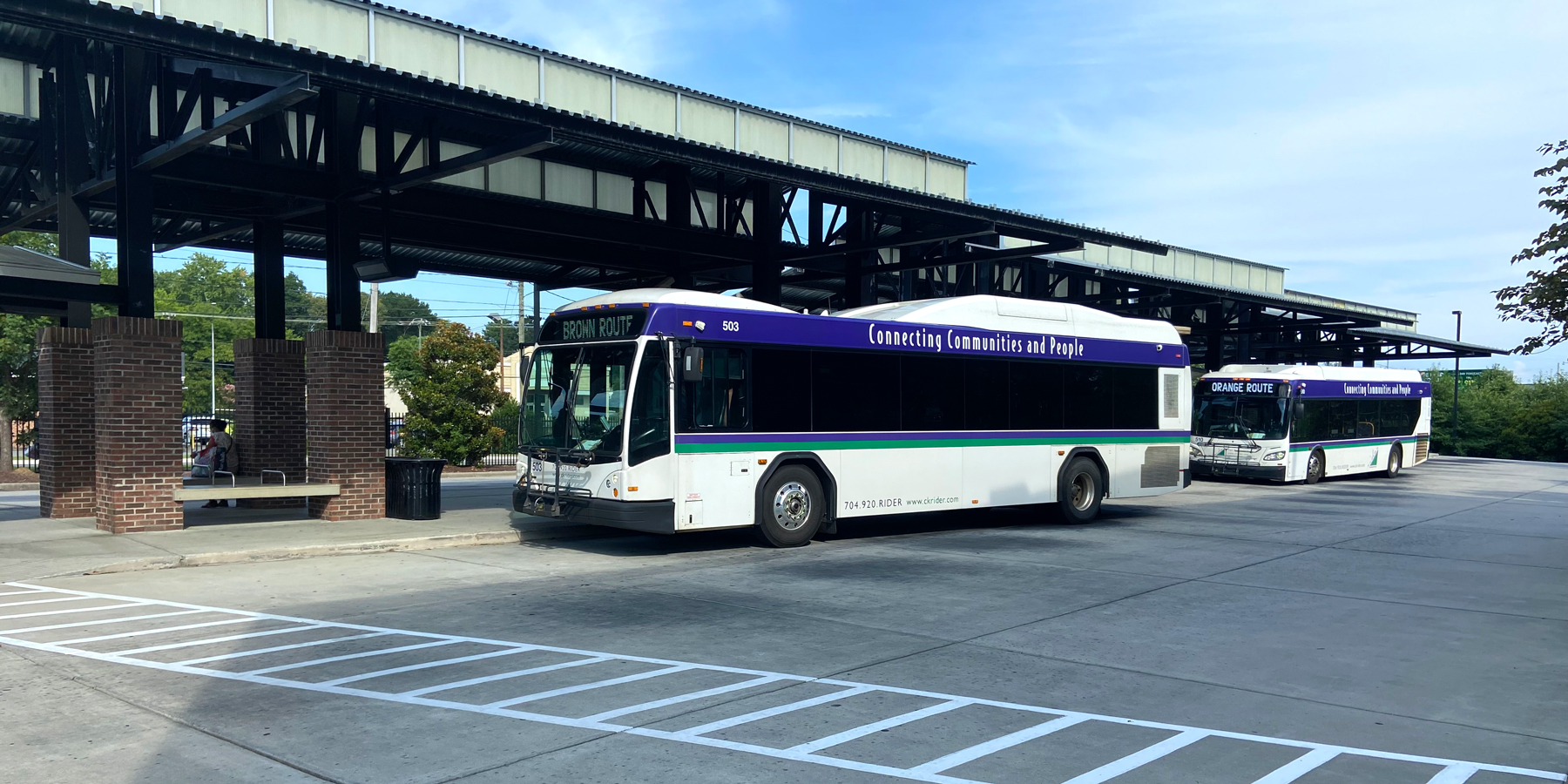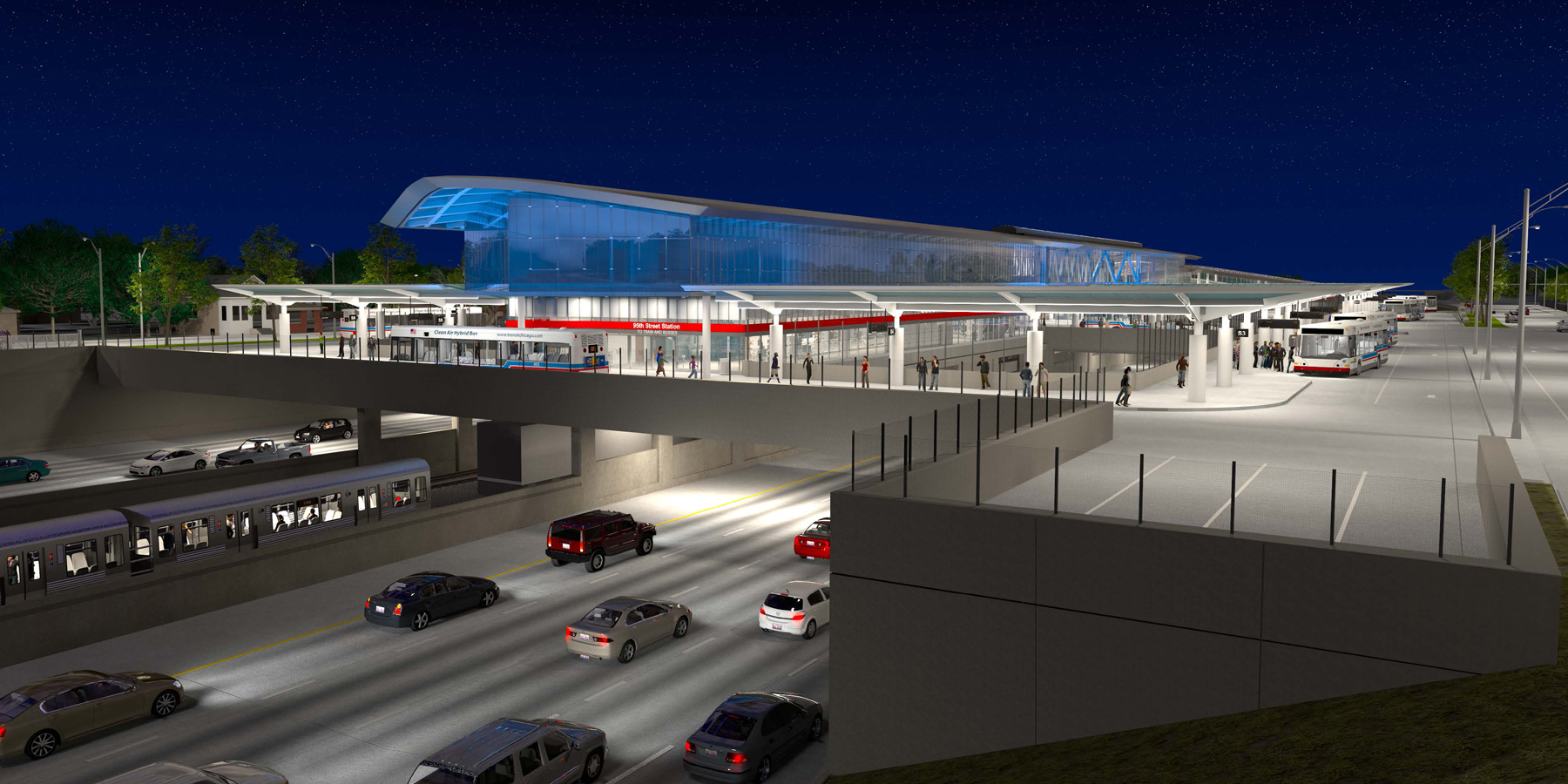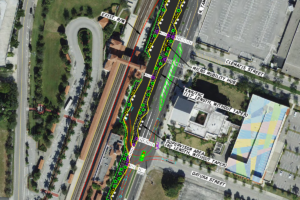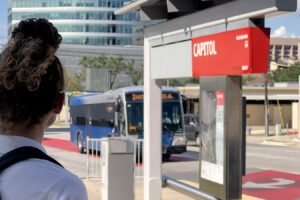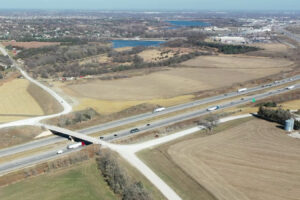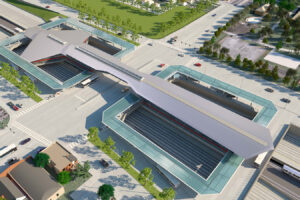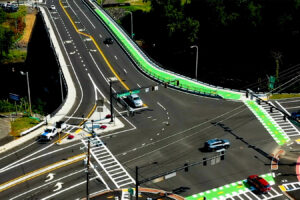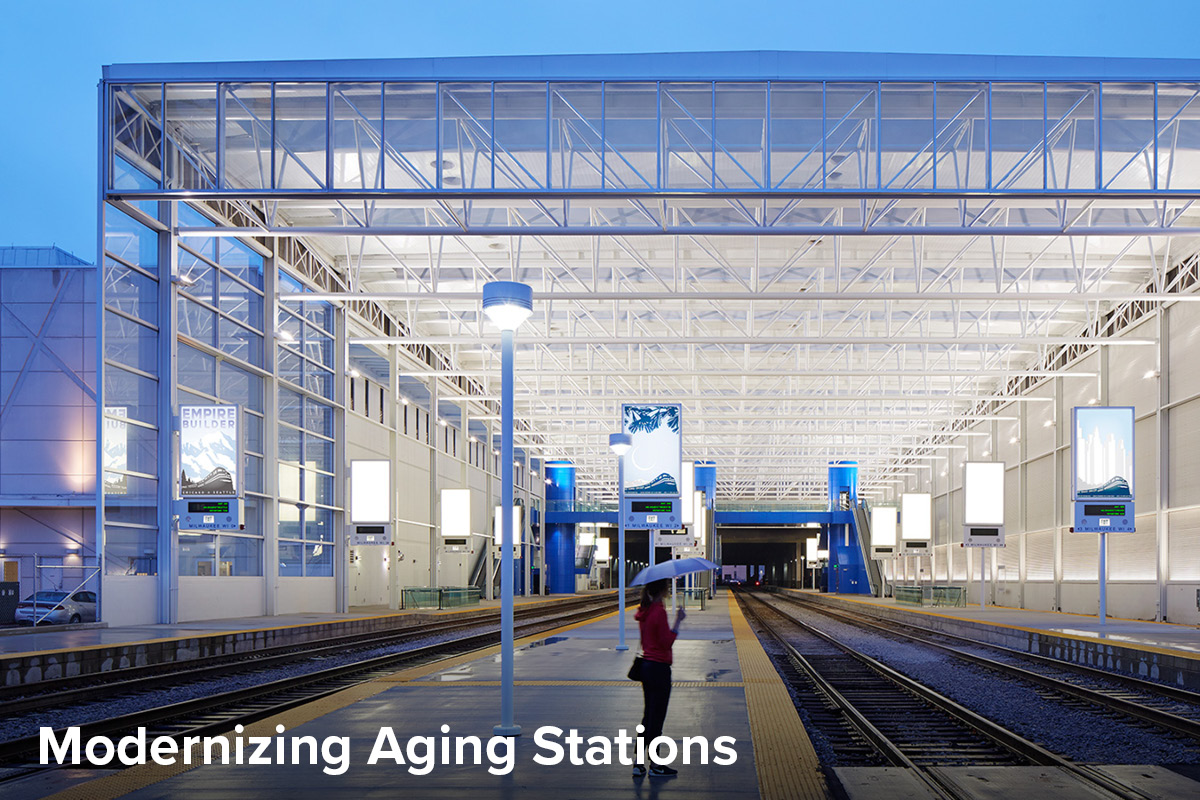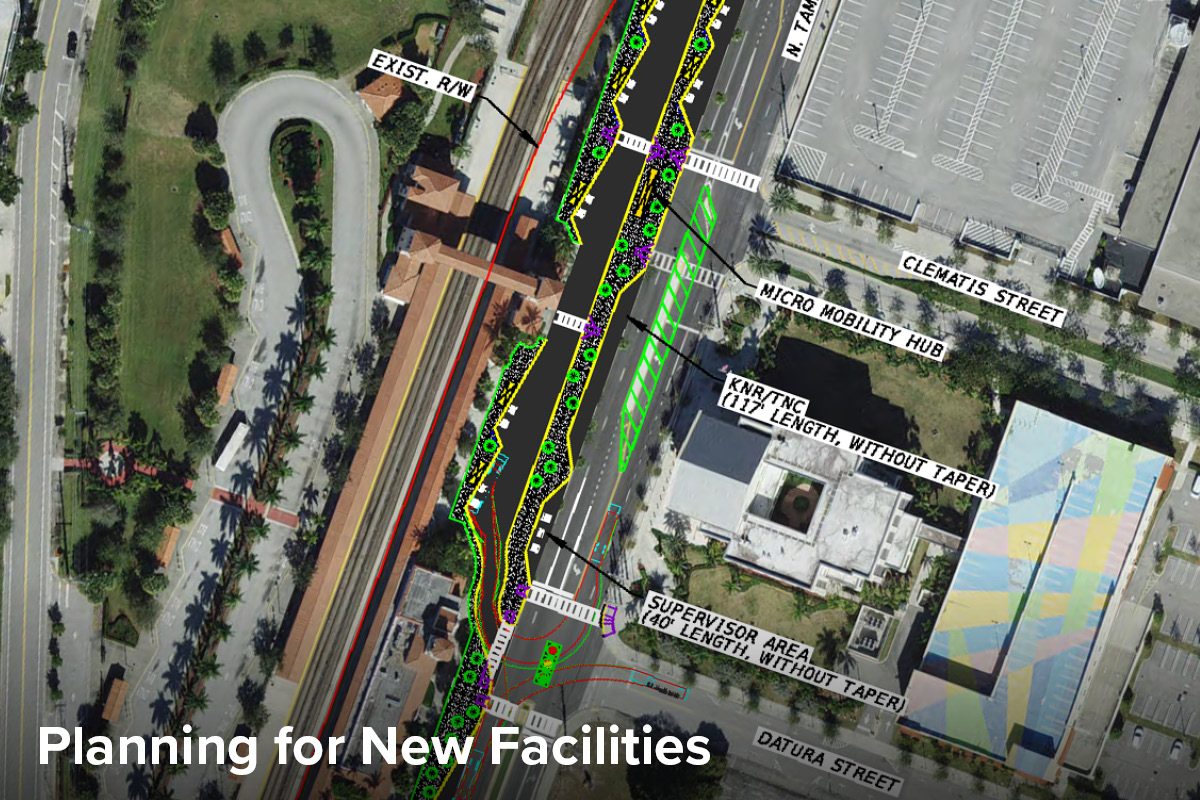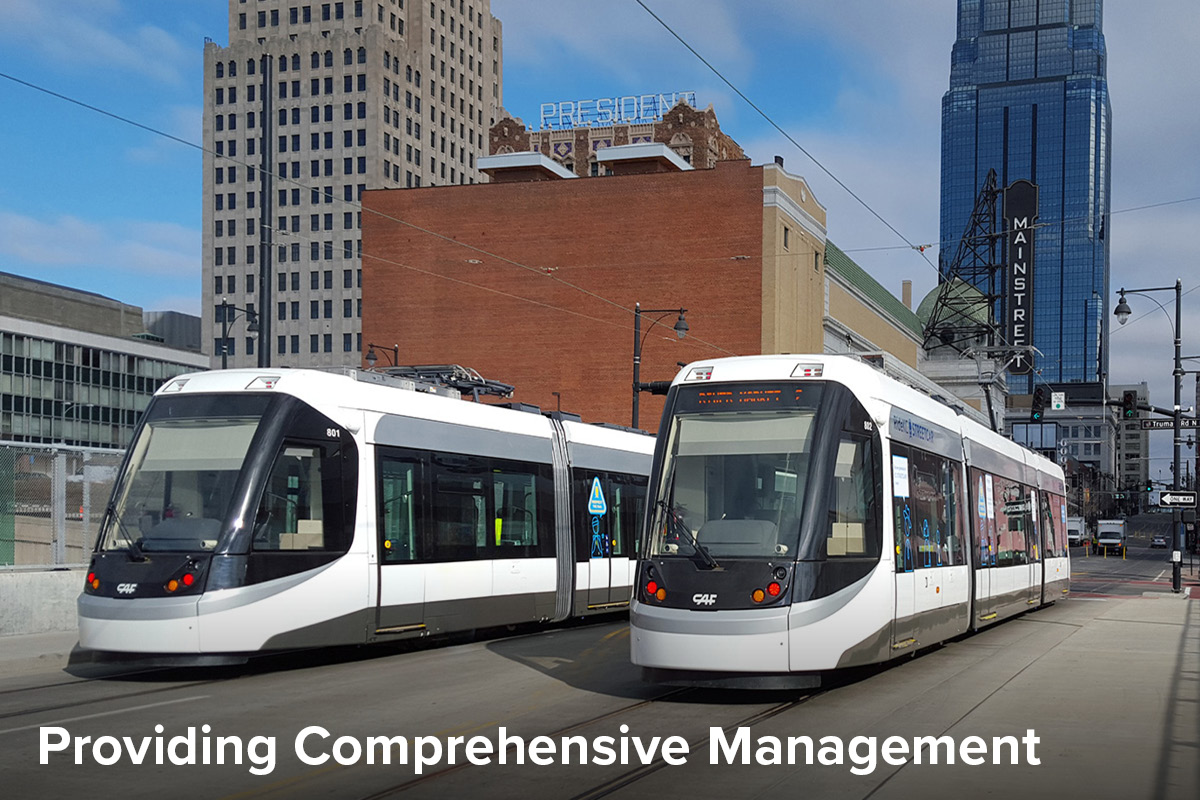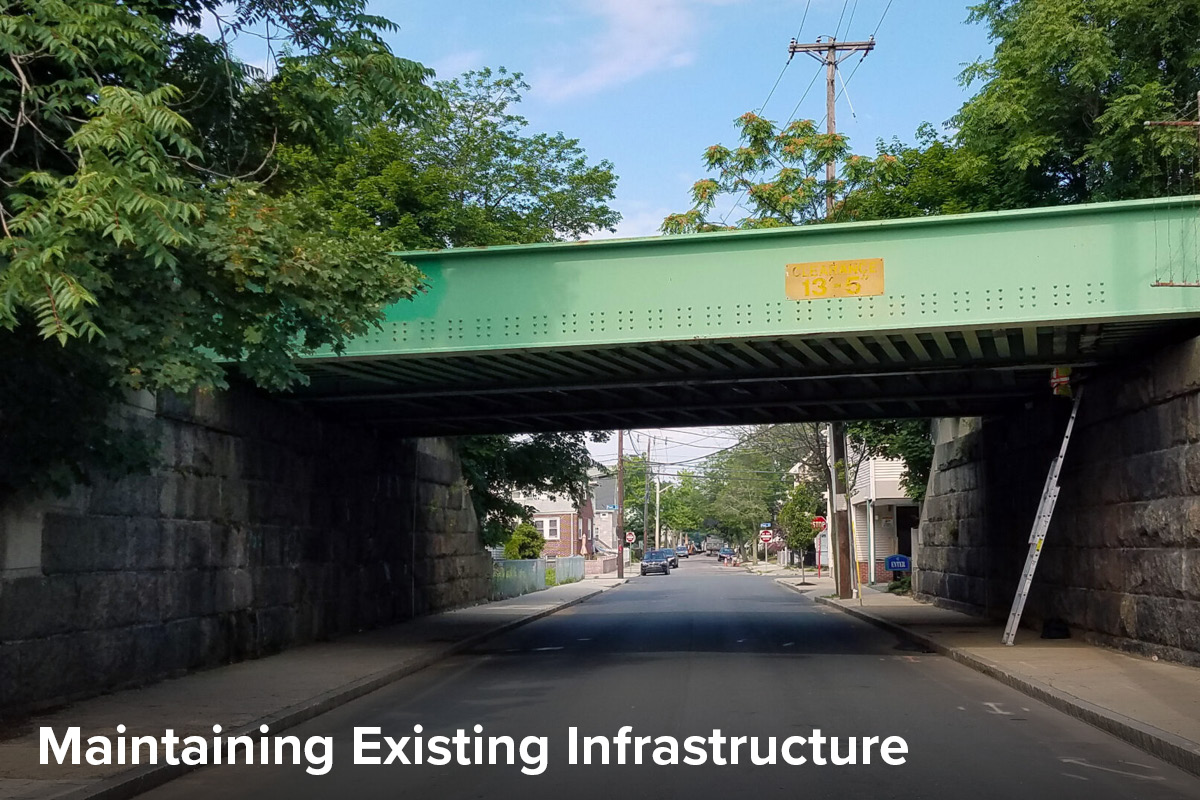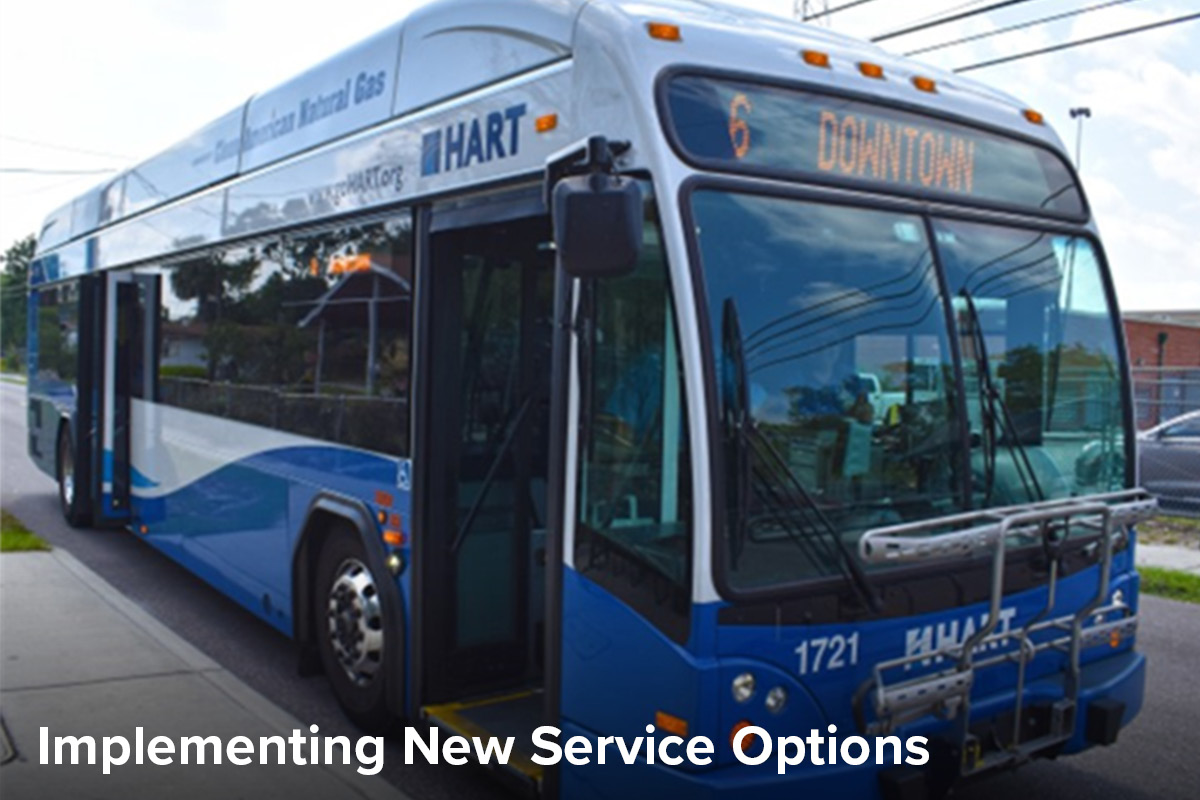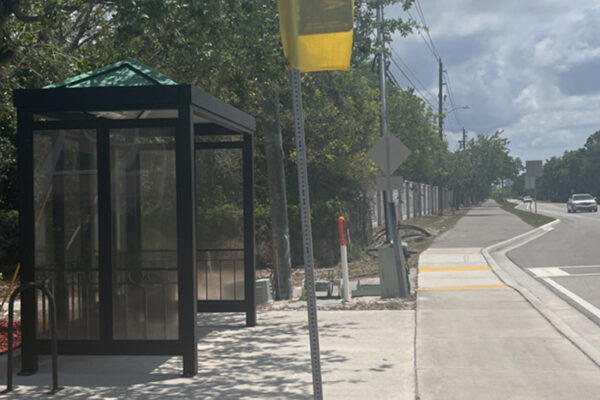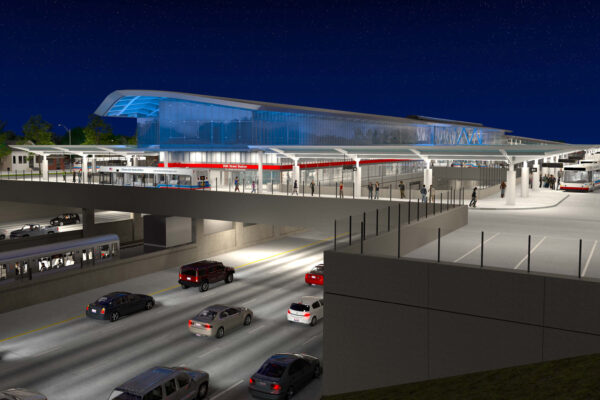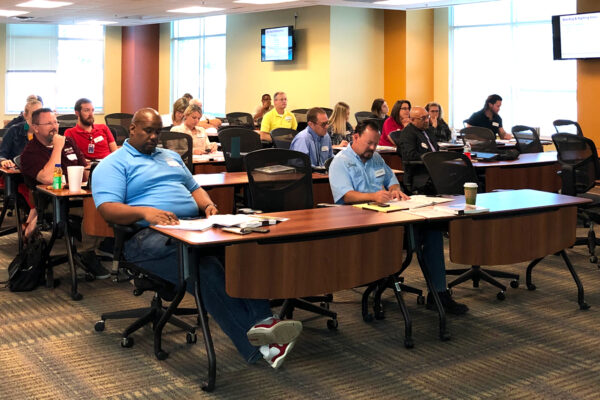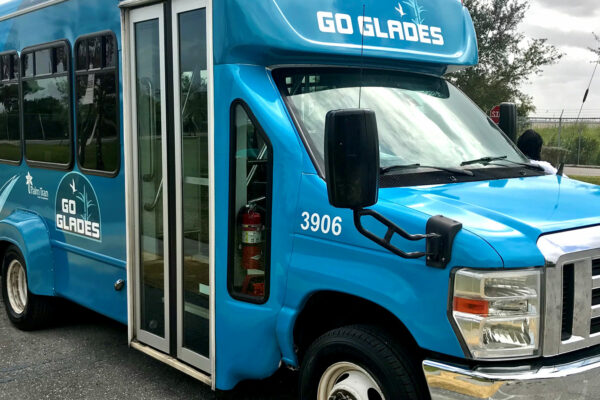Transit
Developing Efficient Transit Networks
Transit users need to be able to get where they are going with minimal delays, disruptions and congestion. Ensuring a transit service is effective hinges on the development of comprehensive solutions that fit the current and future mobility needs of a community.
With experts that understand all facets of the transit planning and operating environment, Benesch provides technically sound solutions that are understood and supported by decision makers and community members. Our transit services focus on creating practical, implementable solutions that contribute to successful transit systems, both today and in the future.
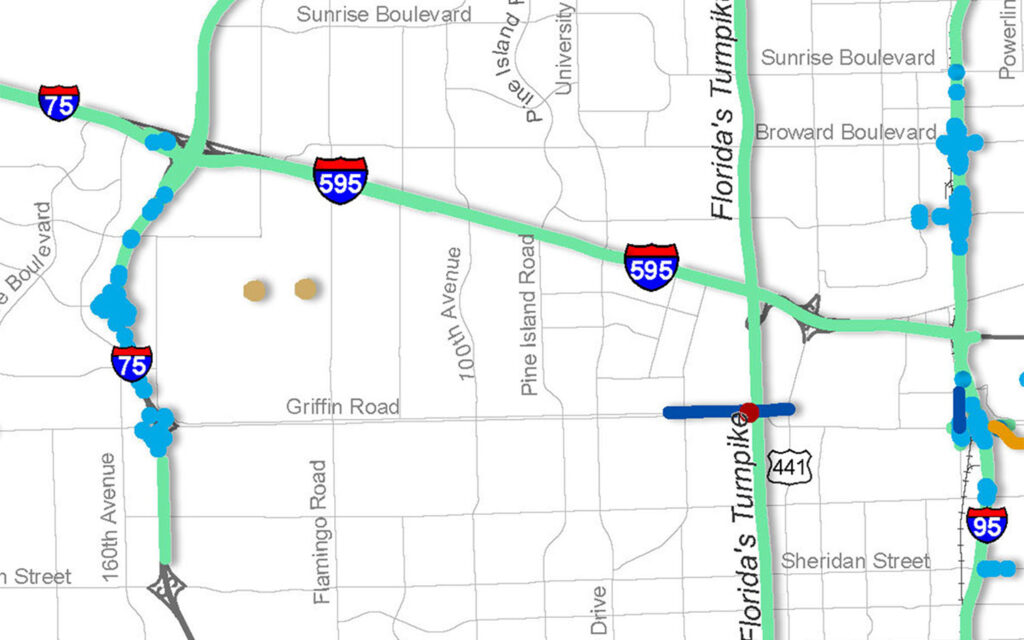
Creating Thoughtful Connections
By conducting an in-depth analysis of the existing transit system, identifying its strengths, weaknesses, and areas for improvement, we’re able to better understand the needs and demands of the community. Our work is further influenced by residents, commuters, businesses and local decision-makers and their unique perspectives and pain points.
Our experts combine cutting-edge technology, rigorous data analysis, community engagement and sustainability principles to develop transit plans that prioritize the needs of the current users while aligning with the broader goals of the community. This ensures users are connected to their destination efficiently and reliably, while improved services are also able to attract new riders.
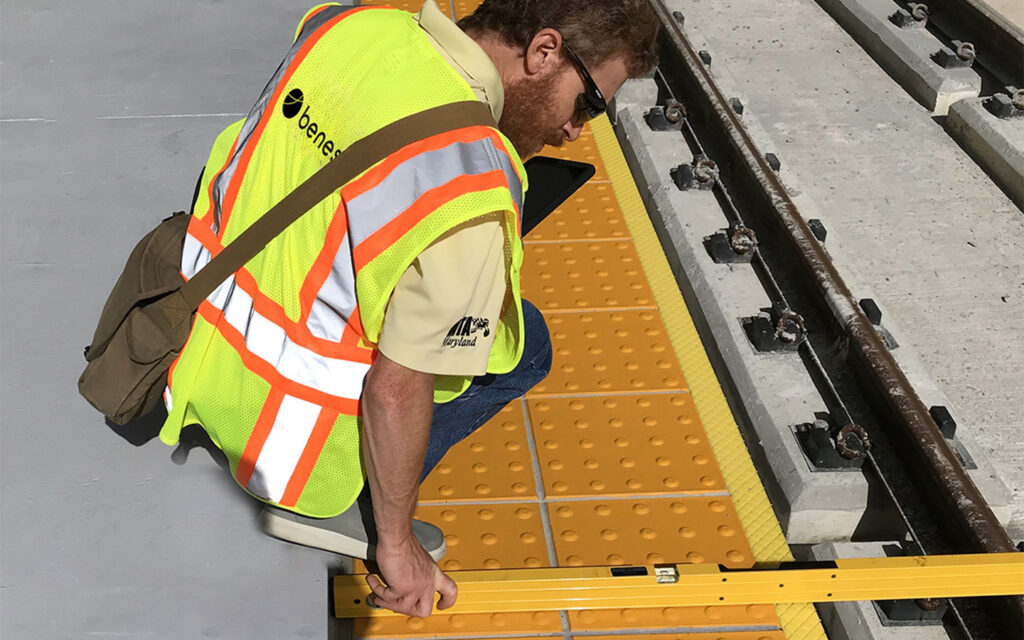
Prioritizing Safety and Accessibility for All
With a focus on safety and accessibility, we strive to create public transit solutions that instill confidence among users, foster community engagement, and pave the way for a more connected and thriving society for all community members.
Learn more about our Accessibility & ADA Compliance services.
Learn More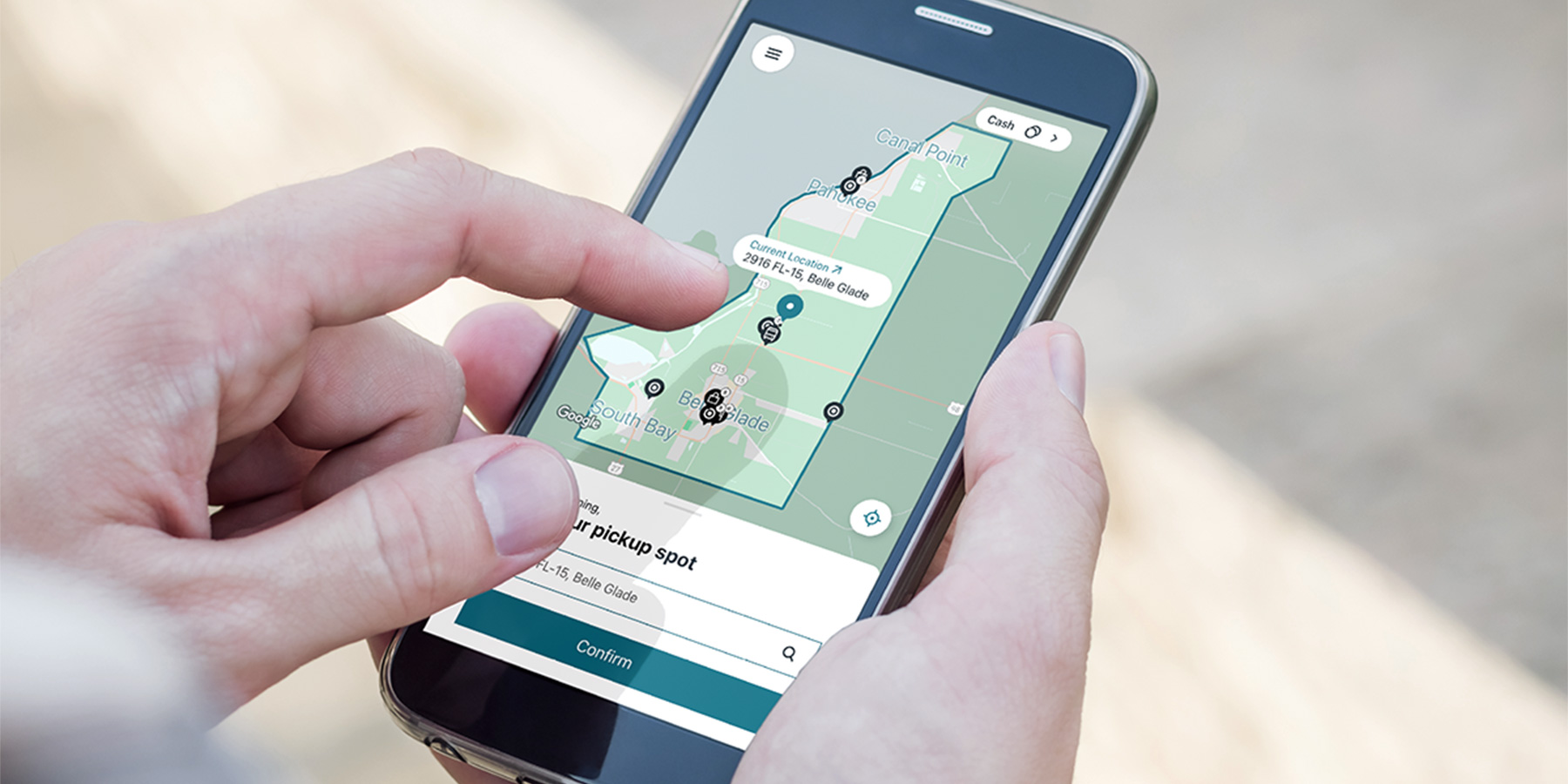
The First and Last Mile: How We’re Closing the Gap
While most transit systems can be easily designed to serve preset, high traffic areas, they often don’t account for the distance a commuter needs to travel from the transit stop to their final destination. This creates the “first and last mile problem”—something modern commuters are looking to have resolved.
Benesch’s transit experts are finding ways to close this gap in service by implementing innovative mobility solutions.
My goal as a transit specialist has always been to create a transit service that responds to the customer.
Randy Farwell | Benesch Senior Project Manager
Benesch works with communities across the nation to develop modern solutions to the First Mile/Last Mile issue, including microtransit services. Our expertise in technology transit applications provides customized and integrated service solutions for our clients. From defining initial operating concepts to evaluating functional requirements of software solutions to preparing technical specifications for procurement, we strive to deliver integrated, effective and cost-efficient services for our clients and their customers.
In Sarasota, FL, Benesch performed a Mobility Optimization Study that identified shared-ride point-to-point microtransit solutions as a cost-effective solution for the county. Services were developed in four areas and deployed in June 2021. The service attracted over 50,000 microtransit trips per month.
Big-Picture Perspectives
At Benesch, we understand that optimizing a transit system for present and future needs requires a deep understanding of current conditions and the community’s long-term goals.
Monitoring transit services ensures they function as efficiently and effectively as possible. Benesch will work with your agency to conduct operational analyses that provide insights into your services and their performance, efficiency and areas for improvement.
Our transit planning teams specialize in the development of 5-year, 10-year, and longer-term vision plans that help establish service goals. With a meticulous assessment of current transit infrastructure, service quality, ridership patterns, and future growth projections, Benesch works to create cohesive and user-centric master plans. These efforts ultimately result in greater transit support, more federal transit funding, expanded service and/or increased ridership for the clients we serve.
For years to come, the plan will serve as a blueprint for fostering economic growth, reducing congestion, improving air quality, and enhancing the overall quality of life for community members.
To support clients’ paratransit service planning, Benesch provides paratransit operational analyses, paratransit service planning, eligibility criteria assessment, community transportation coordinator (CTC) evaluations, Title VI service evaluations and reporting, development of Transportation Disadvantaged Service Plans (TDSPs) and Locally Coordinated Human Services Transportation Plans (LCHSTPs). We also have expertise in the successful development and implementation of microtransit solutions.


